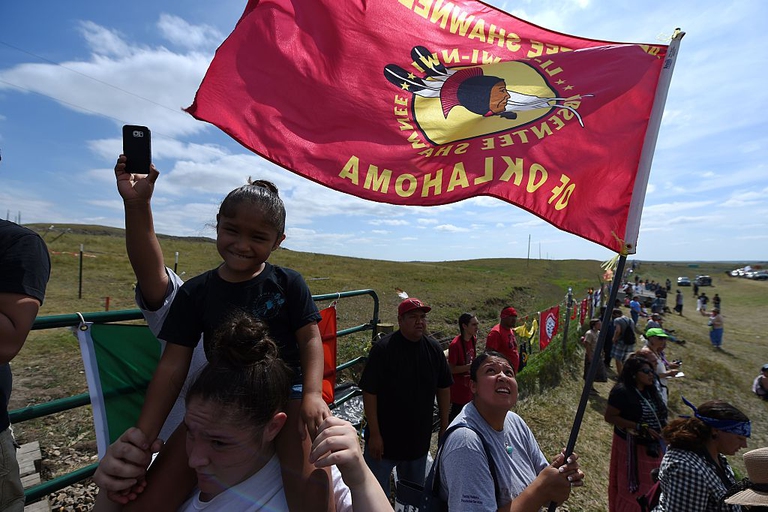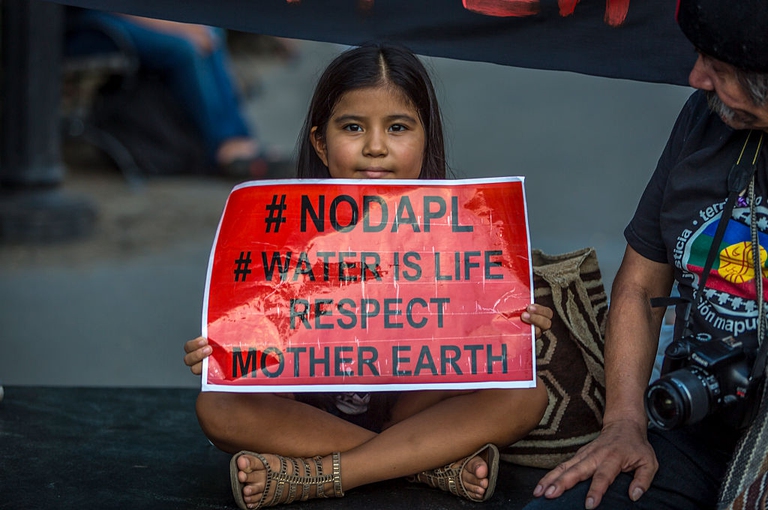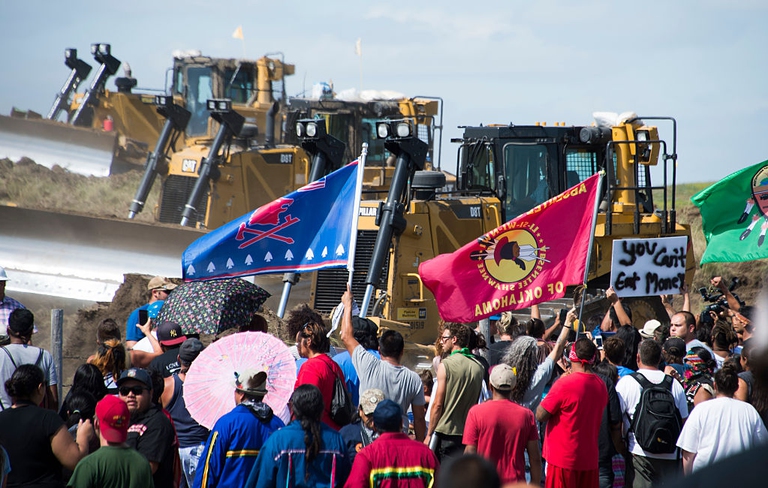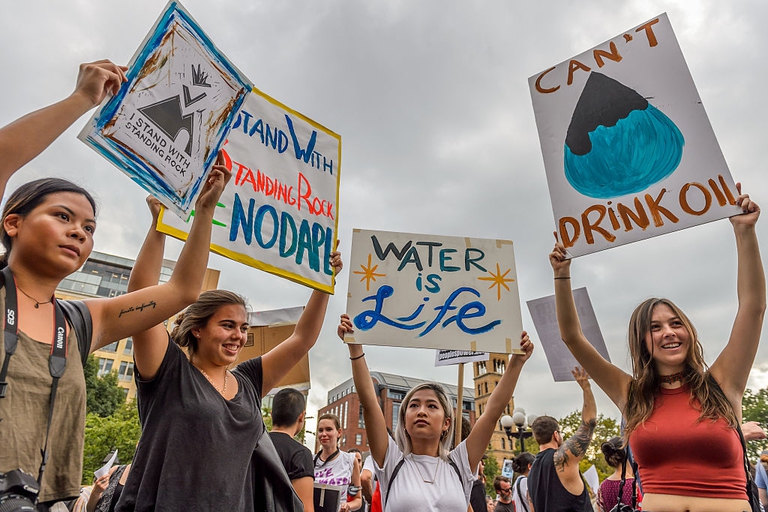
A special report from the Yuqui territory delves deep into the dreams, challenges, joys and sadness of one of Bolivia’s most vulnerable indigenous groups.
Dopo aver perso la battaglia legale contro l’oleodotto Dakota access pipeline, i sioux ottengono ail sostegno di Barack Obama che blocca la costruzione.
It’s a temporary block, but it represents an important step for the Sioux’s battle against the construction of the Dakota Access pipeline (DAPL). The decision has come right after that the court of Washington D.C. rejected the appeal filed by the Native American tribe.
Judge James Boasberg, which ruled against the Sioux, said that “the US Army Corps of Engineers had sufficiently followed federal law in approving the pipeline. The tribe’s claims that the pipeline crossed archaeological sites were moot, since most of those sites were on private property”. He also wrote: “Aware of the indignities visited upon the Tribe over the last centuries, the Court scrutinizes the permitting process here with particular care. Having done so, the Court must nonetheless conclude that the Tribe has not demonstrated that an injunction is warranted here.”
Yet, the Obama administration made a surprise announcement, in conjunction with the Department of Justice, the Department of the Interior, and the U.S. Army, to the Standing Rock Sioux tribe. “Construction of the pipeline on Army Corps land bordering or under Lake Oahe will not go forward at this time. We request that the pipeline company voluntarily pause all construction activity within 20 miles east or west of Lake Oahe”.
There’s more. The statement also says that the Army Corps will now “reconsider any of its previous decisions”. So, the future of the pipeline is uncertain. Despite it mostly crosses the lands owned by the Energy Transfer Partners, the Army Corps has to approve it when it comes to federal water courses. If the construction is permanently blocked, the Dakota Access will be the second oil pipeline to be blocked in a year, after Keystone XL.
The Obama administration has also pledged to consult the tribes so that national infrastructures will respect the rights of native communities.
Meanwhile, the Standing Rock Sioux tribe has announced on Facebook that their lawyers will act on their legal options, including a new injunction that could force the company to completely block the construction of the Dakota Access pipeline.
Siamo anche su WhatsApp. Segui il canale ufficiale LifeGate per restare aggiornata, aggiornato sulle ultime notizie e sulle nostre attività.
![]()
Quest'opera è distribuita con Licenza Creative Commons Attribuzione - Non commerciale - Non opere derivate 4.0 Internazionale.
A special report from the Yuqui territory delves deep into the dreams, challenges, joys and sadness of one of Bolivia’s most vulnerable indigenous groups.
The Yuqui people of the Bolivian Amazon fight not only to survive in the face of settlers, logging and Covid-19, but to preserve their culture and identity.
Jair Bolsonaro is accused of crimes against humanity for persecuting indigenous Brazilians and destroying the Amazon. We speak to William Bourdon and Charly Salkazanov, the lawyers bringing the case before the ICC.
Activists hail the decision not to hold the 2023 World Anthropology Congress at a controversial Indian school for tribal children as originally planned.
Autumn Peltier is a water defender who began her fight for indigenous Canadians’ right to clean drinking water when she was only eight years old.
The pandemic threatens some of the world’s most endangered indigenous peoples, such as the Great Andamanese of the Andaman and Nicobar Islands in India.
The Upopoy National Ainu Museum has finally opened. With it the indigenous people of Hokkaido are gaining recognition but not access to fundamental rights.
A video shows the violent arrest of indigenous Chief Allan Adam, who was beaten by two Royal Canadian Mounted Police (RCMP) officers.










